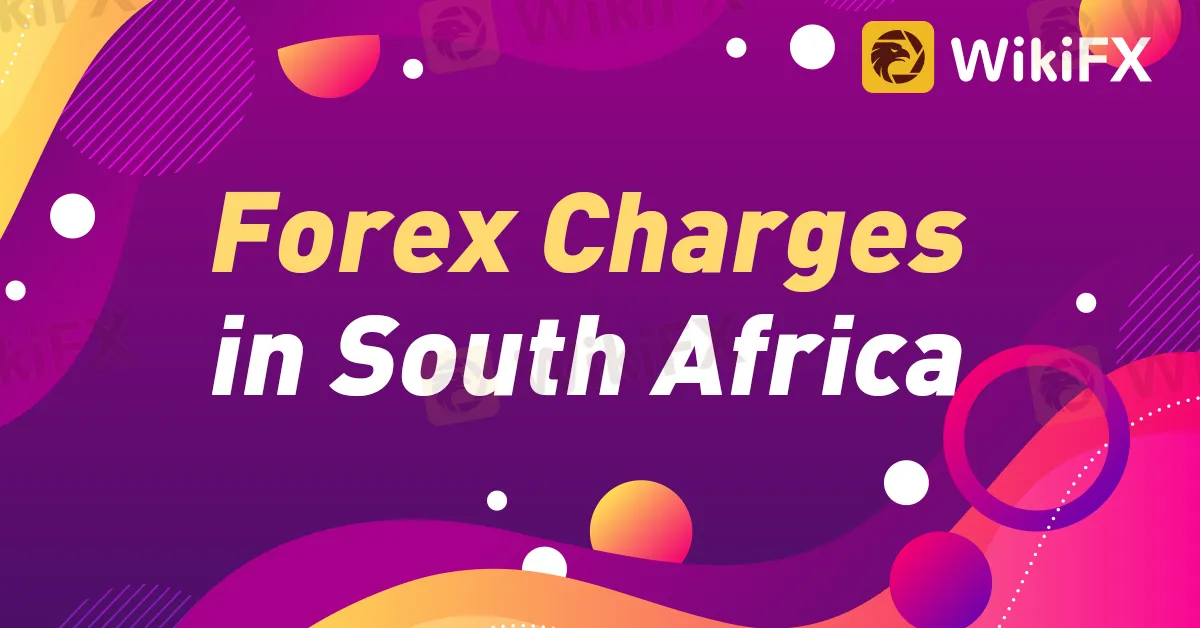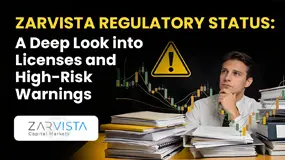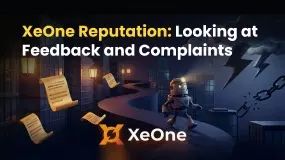Abstract:Forex, short for foreign exchange, refers to the process of converting one currency into another. Forex trading has become increasingly popular in South Africa over the years, with many people trying to profit from the fluctuations in exchange rates between different currencies. However, before engaging in forex trading, it is important to understand the fees and charges associated with it.

Forex, short for foreign exchange, refers to the process of converting one currency into another. Forex trading has become increasingly popular in South Africa over the years, with many people trying to profit from the fluctuations in exchange rates between different currencies. However, before engaging in forex trading, it is important to understand the fees and charges associated with it.
In South Africa, forex traders are typically charged three types of fees: spreads, commissions, and rollover fees. Let's take a closer look at each of these fees:
Spreads:
The spread is the difference between the buy and sell prices of a currency pair. Forex brokers make their money by adding a small markup to the spread, which is how they earn their profit. The spread is typically quoted in pips, which is the smallest unit of measure in forex trading. The higher the spread, the more you will pay in fees.
Commissions:
Some forex brokers charge a commission on each trade that you make. This is typically a percentage of the total value of the trade. For example, if the commission is 0.1%, and you make a trade worth R10,000, you will pay R10 in commission fees. Commission fees can vary widely between brokers, so it's important to compare fees before choosing a broker.
Rollover fees:
Rollover fees, also known as swap fees, are charged when you hold a position overnight. Forex trading operates on a 24-hour basis, and if you hold a position for longer than one day, you will be charged a rollover fee. This fee is calculated based on the interest rate differential between the two currencies in the currency pair. Rollover fees can be a significant cost for traders who hold positions for long periods.
In addition to these fees, forex traders in South Africa may also be subject to taxes on their profits. In South Africa, forex profits are taxed as income, and the tax rate varies depending on your income bracket.
It's important to note that forex trading can be a high-risk activity, and it's not suitable for everyone. Before getting started with forex trading, it's important to have a solid understanding of the risks involved, as well as the fees and charges associated with it.
In conclusion, forex trading in South Africa can come with a range of fees and charges, including spreads, commissions, and rollover fees. It's important to compare fees between brokers and to have a solid understanding of the risks involved before getting started.










